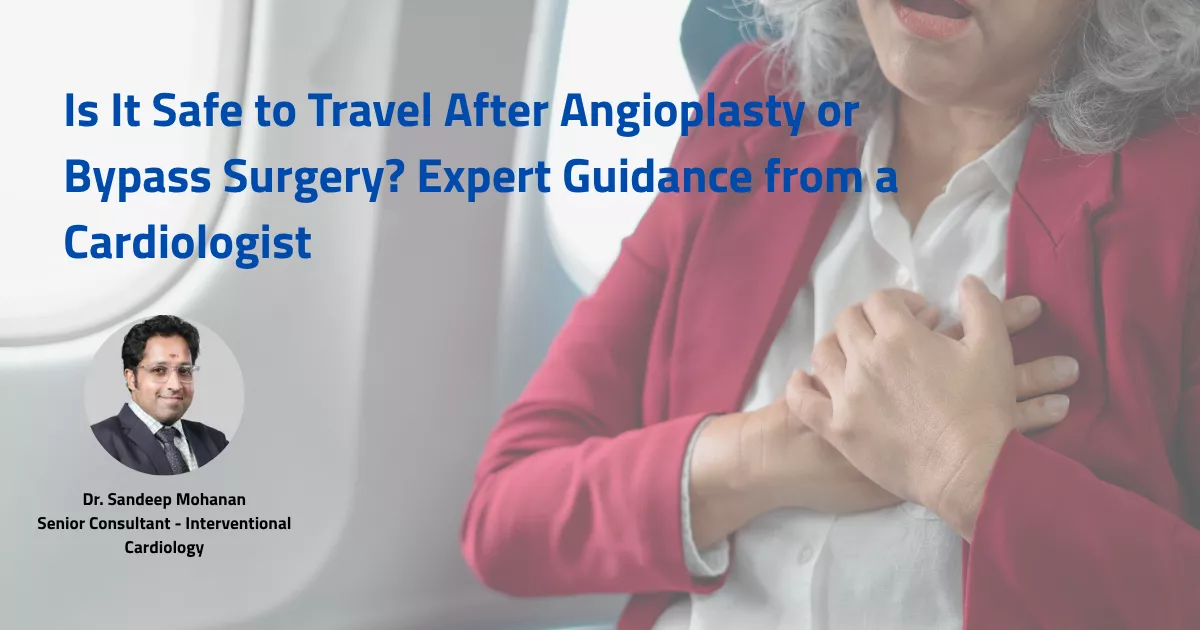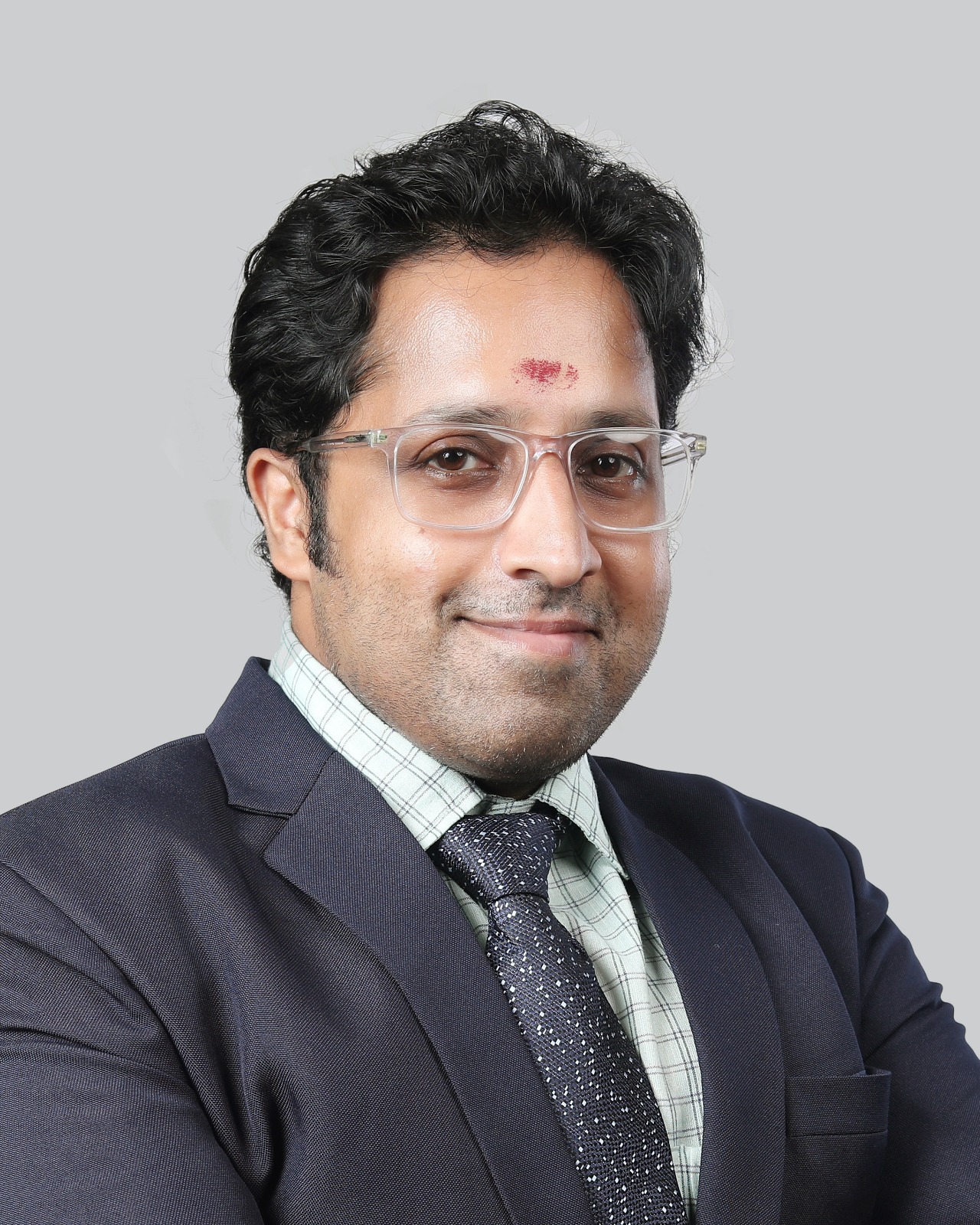Undergoing angioplasty or coronary bypass surgery is a major step toward regaining control of your heart health. However, after the procedure and as recovery begins, one frequent concern is: "When can I travel again?"
Whether it's a family wedding, a much-needed getaway, or even a work trip, getting back to normal life is important, but doing so safely is essential. Let's look at what you need to know before booking that ticket.
Understanding the Procedures
Before we get into travel timing, it’s important to understand the nature of your heart procedure:
- Angioplasty is a non-surgical technique performed to widen arteries that have become narrowed or obstructed. During the procedure, a tiny balloon is inflated at the site of the blockage, and in most cases, a stent is inserted to help keep the artery open and maintain proper blood flow.
- Coronary Artery Bypass Graft (CABG) is a major surgical operation that creates new pathways for blood flow around blocked arteries using grafts from other body parts.
These procedures differ significantly in terms of recovery, which directly affects your ability to travel.
Can I Travel After Angioplasty?
If your angioplasty went smoothly and without complications, you may be able to resume short-distance travel within 7 to 10 days. However, every case is unique, and medical clearance is always necessary.
You’re generally ready to travel if:
- Your chest discomfort or symptoms have resolved
- You’re able to walk without shortness of breath or fatigue
- You’re stable on your prescribed heart medications
If you're flying:
- Avoid flights longer than 4–6 hours until you’re cleared
- Make it a point to move around the cabin or do simple leg stretches in your seat every hour to keep your circulation active.
- Stay well-hydrated and avoid excessive caffeine or alcohol
- Consider wearing compression stockings to reduce clot risk
What About After Bypass Surgery?
Bypass surgery involves a longer healing period. Most patients need at least 6 to 8 weeks of recovery before considering any form of travel, particularly long journeys.
You're probably travel-ready if:
- Your incision has healed completely
- You can climb stairs or walk moderate distances without discomfort
- You’ve had a follow-up with your cardiac surgeon or cardiologist, and they’ve given the green light
Avoid travel if:
- You’re experiencing chest pain, palpitations, or unusual fatigue
- You have ongoing post-operative complications
- Your blood pressure or sugar levels are not yet well controlled
Cardiologist’s Travel Checklist
Before you travel, here’s what we advise at Aster MIMS Calicut:
- Consult Your Doctor: Always get clearance before planning any trip.
- Carry Your Medical Documents: Keep a summary of your procedure, current medications, and recent test results.
- Keep Medications Handy: Pack all your medications in your carry-on, not checked luggage.
- Know Local Hospitals: Be aware of medical facilities near your destination, just in case.
- Stick to Your Routine: Stay consistent with your medications, diet, and daily activity.
Practical Travel Tips for Heart Patients
- If using air travel, request assistance at the airport to reduce walking and fatigue.
- Break up long drives with frequent stops to stretch and walk.
- Avoid overly strenuous activities or lifting heavy luggage soon after surgery.
- Consider travel insurance that covers cardiac conditions if traveling abroad.
Our Commitment at Aster MIMS Calicut
At Aster MIMS Calicut, we understand that recovery is more than just medical, it’s about helping you return to the life you love. Our cardiology team offers expert guidance to help you plan safe and timely travel after any heart procedure.
We tailor every recommendation based on your health, progress, and personal needs, ensuring that you do so with confidence and peace of mind when you're ready to travel.
For personalized advice, call us at: +91 7736436236
Final Words:
Yes, you can travel after angioplasty or bypass surgery, but not before your body is ready. Taking the time to heal, attending follow-up appointments, and following your cardiologist’s advice can make all the difference between a risky trip and a safe journey.
Your heart has taken a step toward healing—make sure your travel plans support that progress.






